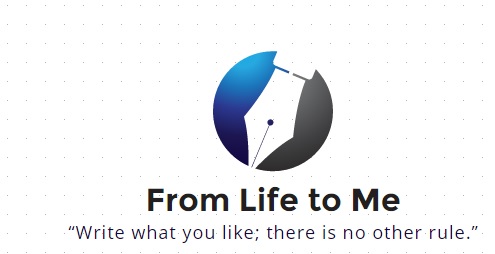We've all read about it in history. Some of us have tried to sweep past it, because physics was more interesting than learning about what one man could do. I mean to say so many individual people in the world of physics and engineering have given so much and sacrificed so much for the world's good.
However, I feel that the subject I'm about to broach is one that reminds us of what a human being does to another and how, after committing such an act, can the human being be called human anymore? Or is it that the human being is human, in all aspects a thing of beauty that makes the beauty of the humanity in him too much for him to handle, resulting in him sinking to inhumane acts, to stay sane? What I mean to say is, was Lucifer right when he pointed out to God that perhaps humans were flawed creatures?
I recently (this morning infact) finished reading Maus by Art Spiegelman. What follows is part book review and part honest horror at what went on in the concentration camps of World War 2. We've read the books, watched the movies and shows and we've debated the issue many times, but where Maus shines is that it paints a picture in the first volume of how harsh the life of a Jew in war torn Germany was, even before the war started.
Maus is a tale of humanity. It shows us both sides of the coin- the darkness embodied by the Nazis, who are cats in the world of Maus and the Jews (mice) and Poles (pigs). While on one hand you expect torture and barbaric acts from the Nazis, actually seeing them illustrated in black and white does something to you. On the other hand, the support Vladek Spiegelman shows and is shown in the book sort of keeps the balance in check. Vladek's moments of senility also bring a touch of humour to what is otherwise a very dark book I was reminded of the film La vita è bella while reading the novel.
The art is thought provoking and brilliant. I saw similar art in the novels of Craig Thompson (I suggest reading Blankets if you haven't yet).
There is nothing "typical" about Maus. It is just the truth, told to a son by a father. A very problematic father, but nonetheless a father. Maus makes you realize a lot of things you'd prefer be not kept in the light, rather be swept under the carpet. Not only does Maus break your heart, it shatters it to smithereens and helps you rebuild it. But as we all know, broken hearts are seldom mended and a small sliver of your heart will never be the same again.
Maus is a novel for adults, but it is as if a child is narrating it. The prose is lucid and flows freely and at no time is the narrative boring. The use of simple words and the use of two tones of ink is what has it working best. There is no need for more than two colours in Maus. Using just two colours, a sketch of something horrific comes into being.
The book seems to remind us, lest we forget.
While Leon Uris' Exodus and Mila 18 and Thomas Keneally's Schindler's Ark also tackle the subject with brilliance, Maus is that one novel that is hard to read and even harder to forget.
Maus by Art Spiegelman- Rated 4/5 stars



